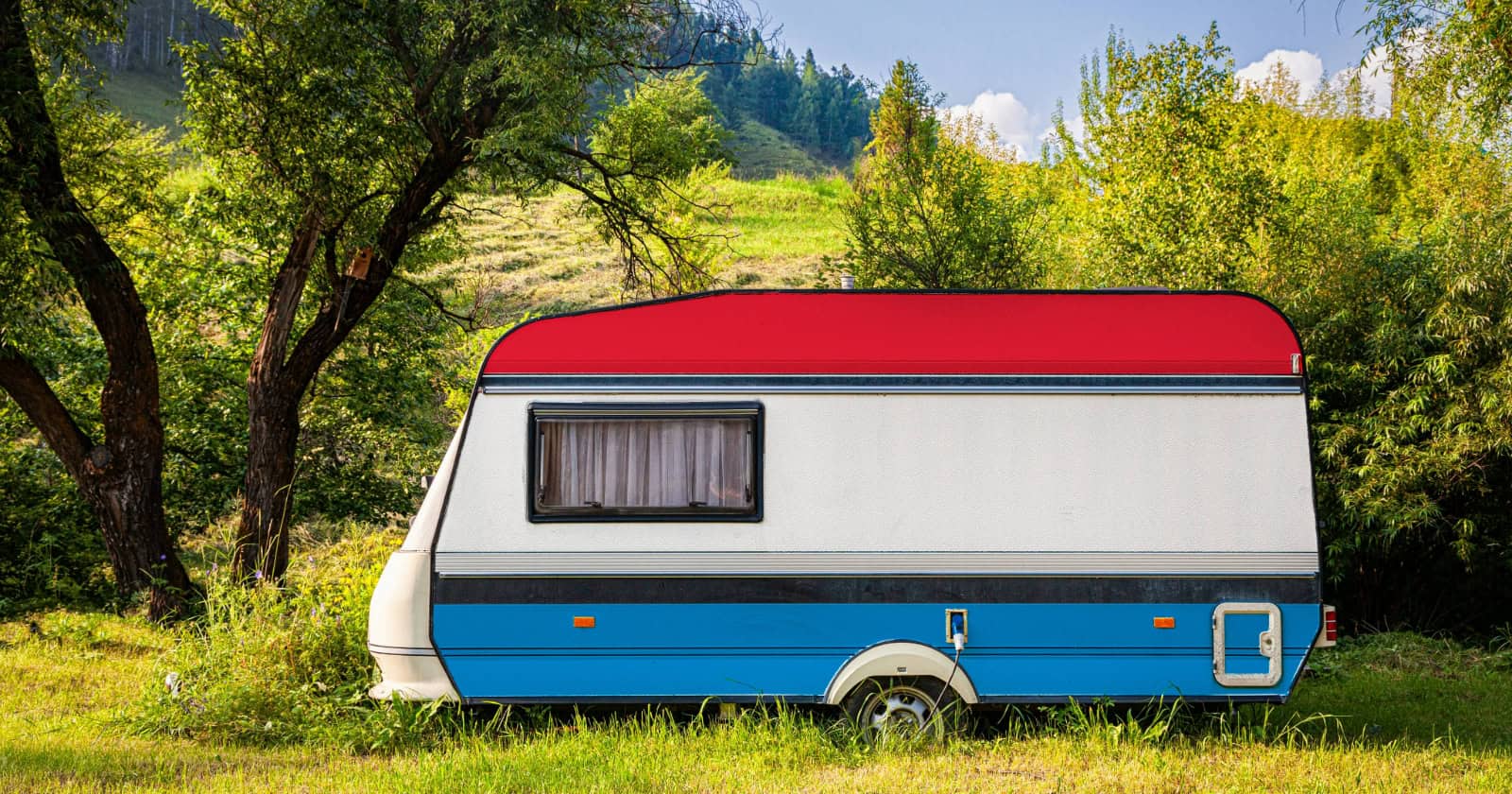RV life is full of weird smells. Seriously, every time I turn around, I’m on the hunt, sniffing out new odd scents in my RV and figuring out their importance. Some smells in your RV are harmless—like last night’s dinner leftovers—while others could signal something more serious.
Wondering how to tell them apart? It’s always wise to track down any odd scents in your RV just to be safe. However, it helps to know the most common RV smells and their potential causes. Below are the five most common. Some have multiple causes, but all should be addressed promptly, and a few should be considered emergencies.
#1: Rotten Egg Smells in Your RV Kitchen or Bathroom
No one wants their home smelling like rotten eggs. This unpleasant odor in your RV can stem from a few different sources. First, check for actual rotten eggs in your fridge. If that’s not the culprit, consider these possibilities:
Potential Culprit #1
The first potential culprit is propane. Propane itself is odorless, so manufacturers add a distinct odor (similar to rotten eggs or skunk spray) to help detect leaks. If you detect this smell in your RV, it’s crucial to act immediately.
Start by exiting the RV. Once outside, shut off the main propane tank to stop any further gas flow. Then, ventilate the interior by opening windows and overhead vents to disperse any accumulated gas. Carefully check common areas, such as the stove, to ensure they are turned off and not contributing to the issue.
If the source of the leak isn’t apparent or if you’re unable to safely investigate, it’s crucial to contact a professional for assistance.
Potential Culprit #2
Another possibility is your water heater. If you only smell the rotten egg scent when running the water, this is likely your problem. The smell is caused by an anaerobic bacteria that lives in some water and reacts strangely to the sacrificial anode rods in many RV water heaters. This won’t hurt you, but it sure doesn’t smell pleasant.
To fix it, thoroughly clean the system using water and hydrogen peroxide, and replace your anode rod with one comprised of aluminum and zinc combined.
#2: Sewage SmellS in Your RV Bathroom
That stinky poop smell in your RV? Well, it’s probably poop. Black tanks have a tendency to get stinky over time, especially if they aren’t rinsed well after every use. There are many solutions to this problem, and the internet will argue ‘til the cows come home about the best one.
My best tried-and-true tips are as follows:
- Rinse the black tank well using a black tank cleaning wand.
- Always use a drop-in tank treatment such as this one.
- Make sure your toilet is sealing properly and that the bowl is holding a small amount of water at all times.
- Check your black tank roof vent for any clogs that could be preventing smelly gases from escaping.
#3: Salon Smells Coming From Drains
Part 1: Identifying the Salon Smell in Your RV
That salon smell coming from your RV drains, akin to a hair perm odor, is usually a tell-tale sign your gray water tank needs cleaning. This odor often results from a buildup of food particles, soap residue, and other waste materials in the tank. Over time, these contribute to bacterial growth, leading to the production of hydrogen sulfide gas, which is responsible for the sulfur-like stench.
Part 2: Addressing the Gray Water Tank Smell
Tackling this issue involves cleaning your gray water tank. A simple DIY approach is to use bleach or vinegar as they’re effective in killing the bacteria causing the smell. Ensure proper dilution of bleach with water and adjust the vinegar quantity based on the water level in your tank. Additionally, check your RV’s plumbing vents, as blockages there can worsen the odor problem. For those less inclined to DIY solutions, consider using tank treatment liquid products designed for gray water odor control. Regular tank maintenance is key to preventing these odors.
#4: Ammonia Near RV Fridge
An ammonia smell in your RV fridge often indicates a leak in the cooling system, particularly from the evaporator coil. This is a common issue in absorption refrigerators found in many RVs. Key indicators of an ammonia leak include a strong ammonia odor and yellow staining near the refrigerator.
To handle an ammonia leak:
- Ventilate the RV: Open windows and doors to allow fresh air in.
- Check for Leaks: Look for yellow stains or use an ammonia detection cloth to identify leaks.
- Address the Leak: If there’s a leak, the cooling unit of the fridge likely needs replacing. It is usually more cost-effective to purchase a brand-new or refurbished cooling unit than replace the entire fridge, and it is best done by a professional due to the risks involved with ammonia.
To remove the ammonia smell from your RV, place coffee grounds or baking soda inside the fridge to absorb the odor. Clean the fridge with vinegar or a suitable cleaner for additional odor removal.
Prompt action is important in case of an ammonia leak due to the health risks and potential damage to your RV.
#5: Musty or Mildew SmellS in Your RV
The musty or mildew smell in your RV is often a sign of water leaks leading to mold or mildew growth. This issue is common in areas that are prone to dampness, such as corners, under mattresses, and in small nooks.
To address it, you should identify and repair any leaks. Ensuring good ventilation and using moisture absorbers like activated charcoal can help prevent the recurrence of musty smells. If you detect mold, it may be best to consult a professional for removal, especially since some types of mold can be harmful to health. In severe cases, staying out of the RV during repairs might be necessary for safety
Wrapping Up
Dealing with odd smells in your RV is part and parcel of the RV lifestyle. Identifying and addressing these smells promptly can save you from bigger problems down the road. What strange or surprising smells have you encountered in your RV? Have you come across any unusual fixes? Share your experiences and tips in the comments below. Let’s learn from each other and keep our rolling homes smelling fresh and safe!



